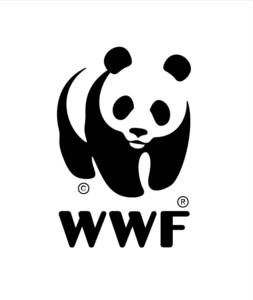Why is sustainable seafood good for… gender equality?
Fishery would appear to be a male-dominated business. Actually, women are often its backbone and a crucial workforce along the supply chain.
Seafood is also women’s business
Strong men pulling in nets and fighting the rough sea would be the stereotype image of how work in the fisheries sector looks like. This image only partially stands up to reality. Fishing is perceived to be done by men, but millions of women work as fisherwomen and aquaculture workers (about 20 percent). [1]
Women constitute half of the workforce in the fisheries and aquaculture sector. In the processing sector up to 90 percent of workers are women. [1]
Invisible women
Despite women’s crucial labour and involvement – often in post-harvest, non-sea hunting related tasks – they seem to be invisible. They are also overrepresented in low-skilled, low-paid and low-valued work and positions. [1]
So, men and women do not enjoy equal rights, salaries and opportunities in the seafood sector.
Women for sustainability
In general, the fisheries and aquaculture industry lacks awareness on gender equality. Its support for equal opportunities, rights and effective participation of men and women will be crucial in order to achieve progress.
Fisheries-related organizational arrangements are dominated by men and often exclude women from decision-making. However, women are widely engaged in financing fishing operations and trading of sustainable seafood.
3 facts on seafood and… gender issues
fact #1
- 90%
fact #2
- 20%
fact #3
- 50%
Ok, but what can I do?
If you are sourcing seafood, ask for responsible practices that ensure fair working conditions and equal opportunities for men and women.
[1] Monfort, 2015. The Roel pf Women in the Seafood Industry. GLOBEFISH Research Programme Vol 119, Rome, FAO 67 pp. www.fao.org/3/a-bc014e.pdf















